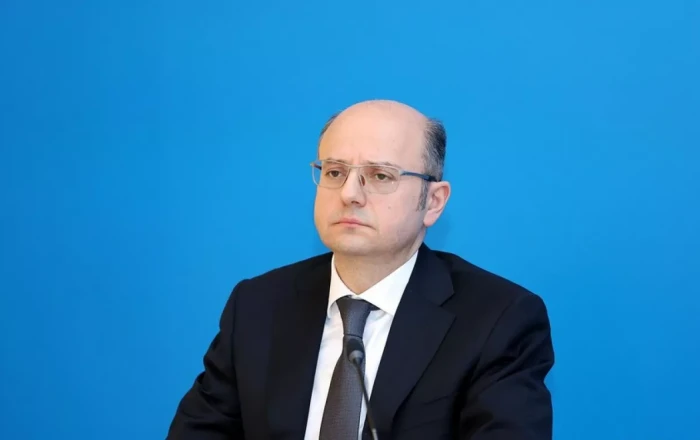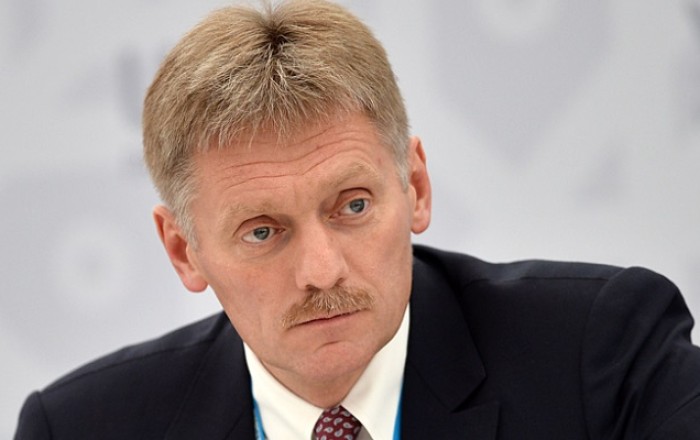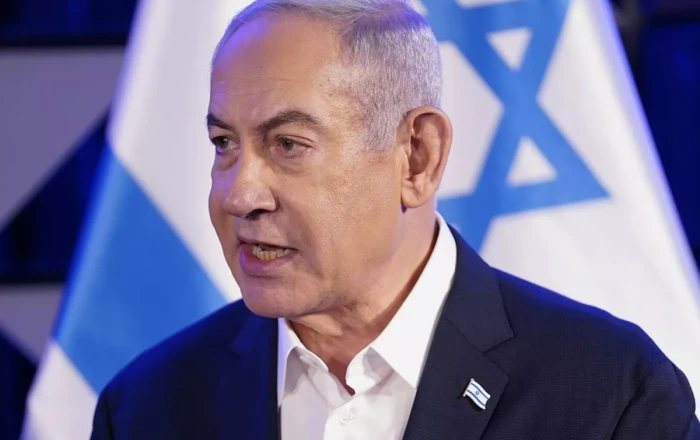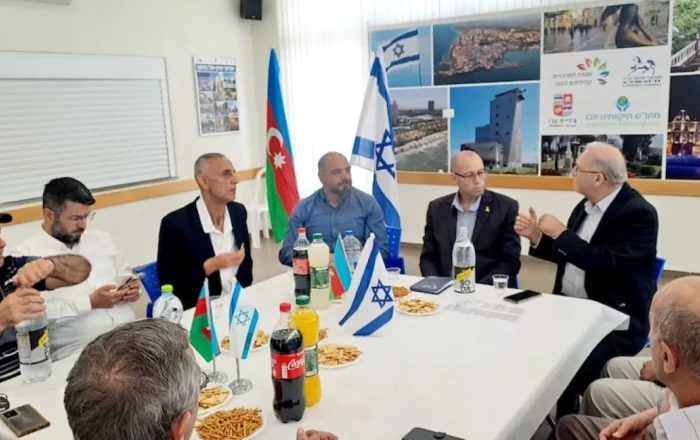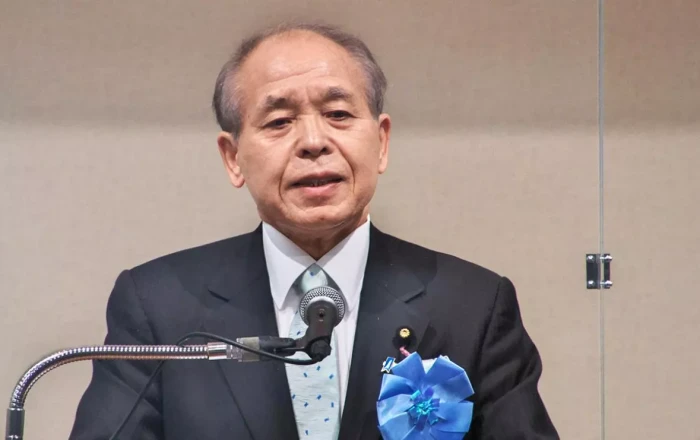Türkiye has raised serious concerns over growing cooperation between the PKK and ISIS in Syria, warning that both groups are preparing for armed conflict that could destabilise the region.
Turkish "Türkiye" newspaper reported over the weekend that the Kurdistan Workers’ Party (PKK) organised a major conference in the occupied northeastern Syrian city of Hasakah-Qamishli, with representatives from across its regional and international branches, per Caliber.Az.
The gathering reportedly included members of the PKK leadership from Iraq’s Qandil Mountains, figures from the Kurdish Communities Union (KCK), officials of the pro-Kurdish Democratic Party (KDP), and delegates from European and Iranian branches of the PKK. According to "Türkiye", the event, held while Ankara awaits a decision on a possible extension of a ceasefire agreement, turned into a platform for issuing a so-called “federation declaration,” rather than genuine dialogue.
The final declaration reportedly included demands for the political and administrative unification of Kurdish regions in Türkiye, Syria, Iraq, and Iran — a move that has been widely interpreted as a call for regional separatism.
In response, the Syrian government condemned the meeting and warned that its demands pose a serious threat to Syria’s sovereignty.
The Syrian Tribal Council also denounced the event. Mudar al-Hamad, a representative of the Syrian parliament, said:
“The PKK’s conference in Qamishli, which has failed to fulfil any of its prior obligations, is a direct affront to the Damascus administration.”
Al-Hamad also warned of increasing activity within ISIS-run prisons and camps following the drawdown of US troops in the region, claiming that discussions are underway between the PKK and ISIS factions to coordinate actions against both Syria and Türkiye.
“No Kurd who fought for Syria’s freedom was present at this meeting,” al-Hamad said. “They have transferred 20,000 Syrian prisoners to unknown locations simply because they didn’t conform to PKK ideology. In the last 15 days alone, they forcibly recruited more than 3,000 children.”
He accused the PKK/YPG of blocking all political solutions and violating previous protocols.
“The Syrian administration wants a bloodless and peaceful resolution. But the PKK/YPG is obstructing all paths to peace. They are not honouring any of the agreements they signed with the Syrian government,” he said. “Despite a formal agreement, they have unilaterally cut oil deliveries in half. They are smuggling Syrian resources and clearly preparing for war. If the Turkish and Syrian governments do not take urgent action regarding the ISIS camps and prisons, the region will be shaken by new provocations.”
Kurdish lawyer and activist Izzed Ibrahim, a native of Hasakah, echoed these warnings, describing the developments as part of a broader plan to plunge Syria into violent chaos.
“A scenario of bloody chaos is unfolding in Syria, involving all actors, including the PKK and ISIS,” Ibrahim said.
He reported a sharp rise in underground activity and drone deployments across the region.
“They’ve dug dozens of new underground tunnels in the countryside of Deir ez-Zor, Raqqa, and Hasakah. New kamikaze drones have been sent to areas such as Tel Baydar, Shaddadi, and Ain Issa.”
He also highlighted growing cooperation between the PKK/YPG and various sectarian and separatist elements across Syria.
“Their ties with Nusayri and Druze separatists in Latakia have significantly strengthened. They’re even working with remnants of the old regime and Shiite militias,” he said. “The PKK/YPG administration is clearly preparing for a large-scale war. Talking about any cooperation or integration with the Damascus administration is absurd given what is happening on the ground.”
Sources in the Turkish security sector also confirmed Ibrahim’s claims. Intelligence obtained over the past three months suggests that the PKK and ISIS have jointly planned attacks targeting Turkish missions in Syria. These plots, reportedly supported by intelligence services from certain unnamed foreign countries, were disrupted by operations carried out by Türkiye’s National Intelligence Organisation (MIT) and Syrian security forces.
Security officials shared that the groups have constructed fortified tunnel systems to store weapons and supplies and to house militants across multiple regions.
The Turkish government has not yet issued a formal statement on the reports, but is expected to address the situation as pressure mounts for coordinated regional action.
By Tamilla Hasanova
Source: caliber.az





